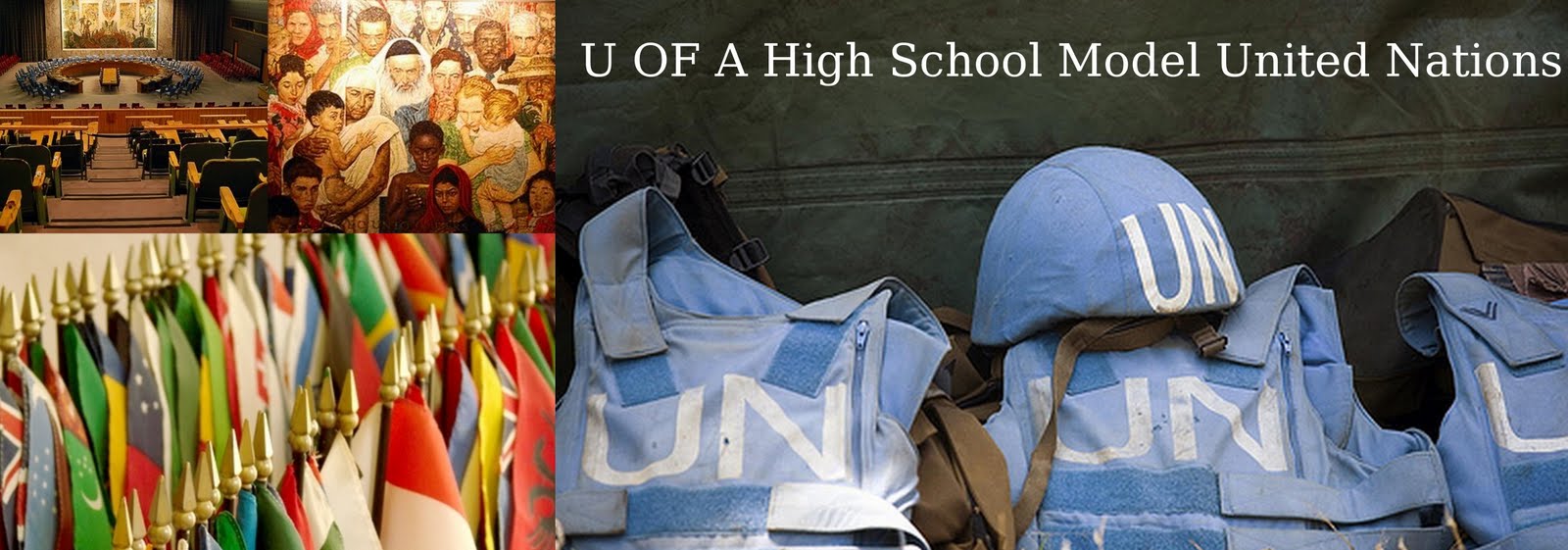Today's blogpost is going to focus on some key reasons for terrorism, and cross-border terrorism quite specifically.
You can find the blurb at length here
The SparkNotes are as follows:
State-Sponsored: Always difficult to deal with, this is pretty obvious from the name. Dealing with it is a complex issue, because it often can't be ended by sheer brute force: the source of the trouble is in a country other than the one you have control over, notably that is determined for that terrorist group to continue.
Failed States: Also difficult to deal with, these are terrorist groups arising out of the turmoil of a Failed or Failing State. Warlike, but often limited in their ambitions, they are hard to stop due to the lack of institutions that provide rule of law in their country.
War Time: An excellent example is the Israelo-Arab conflict, where terrorism is used during a war.
Narco: A fine line is drawn here between a drug cartel and a narcoterrorist group; largely in terms of motivation. Drug cartels exist to make money through the sale of drugs and perpetuate themselves; Mexico's troubles are a good example, as though the cartels play in politics it is not to bring about a revolution, only protect themselves. Narcoterrorists use drug revenues to fund revolutions. FARC is the best example here, though the Taliban have their own label here. They often have international implications as much due to their terrorism as their drug trade.
Supranationalism: Remember the Kurds? These types of terrorists want to build a nation out of others.
Some other views can be found here and elsewhere on the internet, the above is by no means exhaustive:
An interesting article on some less known examples of state-sponsored terrorism in the CAR:
The Jamestown Institute in general has a number of great articles to help with understanding terrorist activities across the world.
Cheers,
Robert




No comments:
Post a Comment